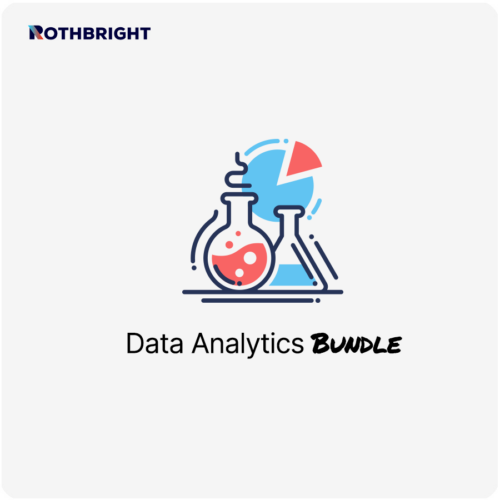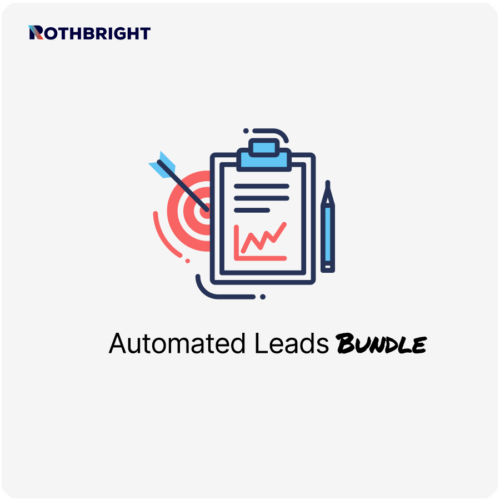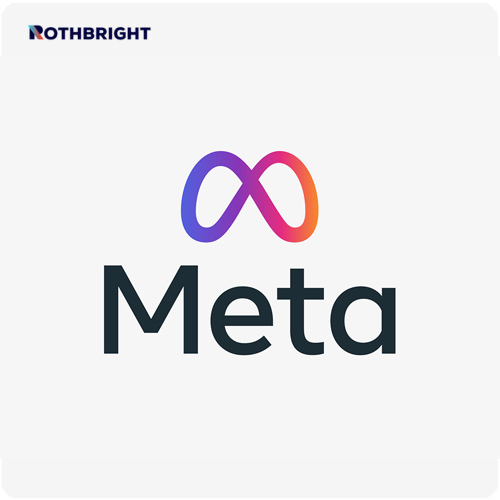Rothbright’s digital marketing audit is a comprehensive examination of all the practices, strategies, and outcomes of what a business has been doing to establish and improve its online presence. The Rothbright audit aims to identify strengths, weaknesses, opportunities, and threats to provide actionable recommendations for improvement. The Rothbright Audit covers ten (10) core areas:
- Website Analysis
- Search Engine Optimization (SEO)
- Content Marketing
- Social Media
- Paid Advertising
- Email Marketing
- Analytics & KPIs
- Online Reputation Management
- Affiliate & Referral Marketing
- Competitive Analysis
After evaluating these areas, we provide actionable insights in a backlog and recommendations to optimize the digital marketing strategy, drive more conversions, and improve ROI.


























